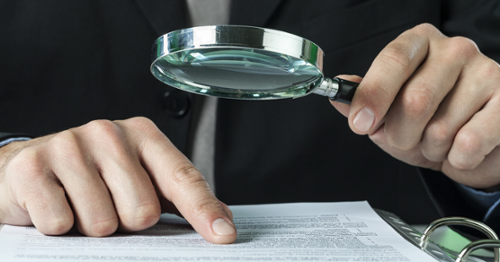In our blog last week, we looked at how sales and use tax advisory services might be a good new field for CPAs and accounting firms. How can they go about making the move?
Mark Friedlich, CPA, vice president of U.S. government affairs at Wolters Kluwer Tax & Accounting recently wrote that most CPA firms that have sales and use tax practices generally divide services offered into three categories: planning (nexus studies, taxability determinations, exemption certificate management and so on); compliance (full outsourcing, interim services, registrations); and audit support (reverse audits, appeals, negotiation and settlement).
Another cost-effective approach to adding sales and use tax advisory services: partnering with sales and use tax experts. As eCommerce retailers and other online businesses have found complete outsourcing a good solution for sales tax compliance, accounting firms can use such a partnership to operate advisory services – and charge the higher value-added rates that they would for tax prep and other work.
Accounting and CPA firms looking to expand their services into the sales and use tax niche, often have pent-up demand within their own client base. How can you easily access this demand?:
Compare the state income tax return filings to the state sales tax filings. If your client is filing an income tax return in a state but is not filing a sales tax return, they may have an issue. Once you have the states identified, determine if any of the sales in those states may be subject to sales and use tax. Pay the most attention to states where the sales factor for income tax apportionment purposes is material relative to total sales.
Review the sales tax payable account. A sales tax payable account is the most neglected balance sheet liability in the GL. Ask clients for an account reconciliation that shows the liability by state or tax return. Large balances due to any state may be a potential risk for failure to file and pay. If a client does not have a sales tax payable account but sells tangible personal property or software, how do they account for sales tax on these sales?
Review invoices for fixed assets and supplies. This ensures applicable sales tax was included in the invoice and paid to the vendors. Clients are responsible for any use tax on taxable property and services not otherwise paid in the form of sales tax to vendors.
Partnering with an expert allows CPA firms to expand offerings without having to do the work within the firm. Contact TaxConnex to learn what it means when sales tax is all on us.






.png?width=1200&height=628&name=2023%20logo%20with%20SOC%20and%20clearly%20rated%20(2).png)